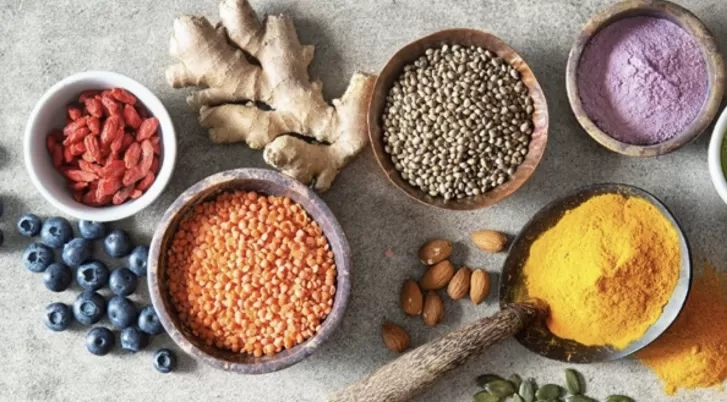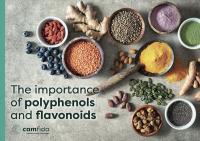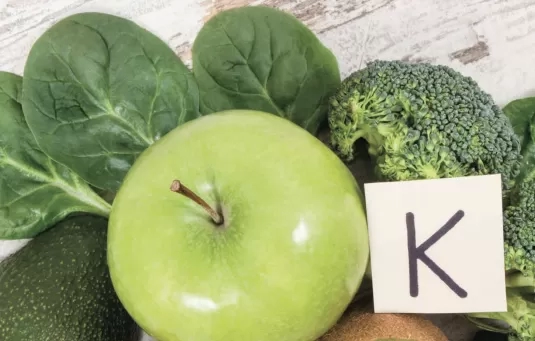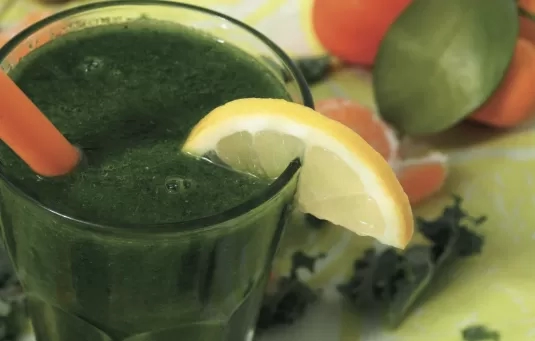The importance of polyphenols and flavonoids
The most versatile “food medicines”.
Polyphenols are bioactive compounds found in plants and plant foods. For a long time, they were considered “useless” nutrients that had no function and were not essential for health. However, a lack of polyphenols in the diet is a significant cause of many health problems and diseases.
These special phytochemicals have such diverse medicinal properties that they are increasingly being used as both dietary supplements and medicines.
Polyphenols are bioactive compounds found in plants and plant foods. For a long time, they were considered “useless” nutrients that had no function and were not essential for health. However, a lack of polyphenols in the diet is a significant cause of many health problems and diseases.
These special phytochemicals have such diverse medicinal properties that they are increasingly being used as both dietary supplements and medicines.

Request brochure




